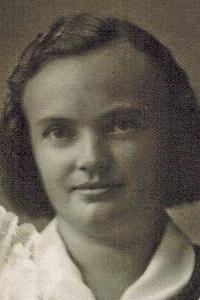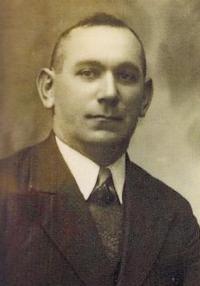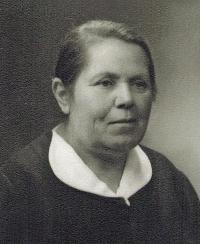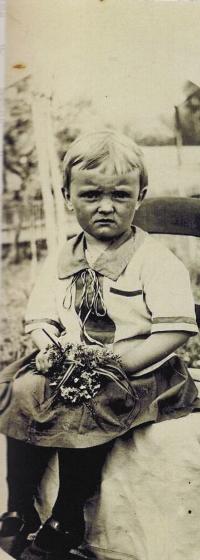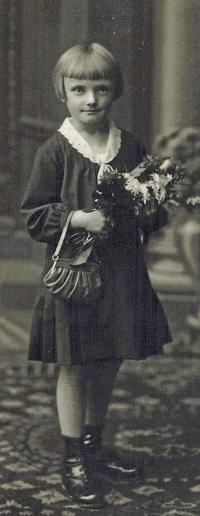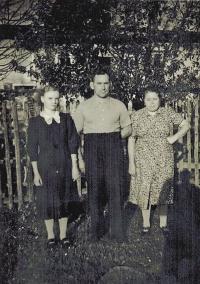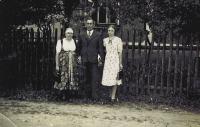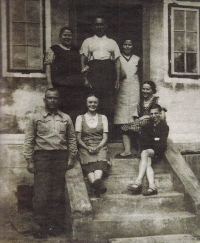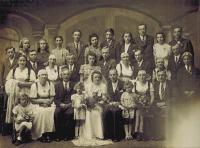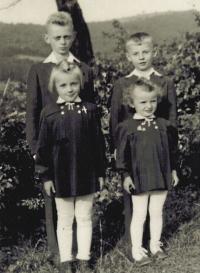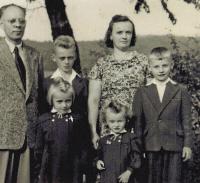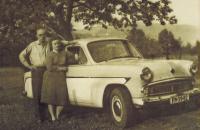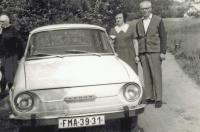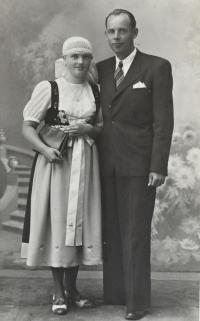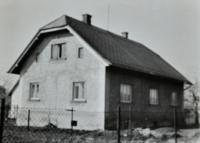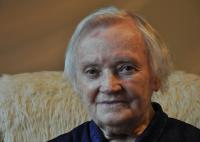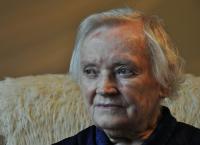To forgive does not mean to forget

Download image
Helena Steblová, née Lisztwanová, was born on 8 March 1925 in Košařisky near Těšín. Her parents, Jan and Julie Lisztwan, abandoned Helena when she was six months old. She was taken up by Karel and Marie Haltof from the neighbouring town of Bystřice. Helena experienced the Polish occupation of Těšín District in autumn 1938 and the closing of Czech schools. She completed her last year of town school (upper primary school) in Polish. After the German occupation of Czechoslovakia, Helena saw how Těšín Silesia was annexed to the Reich, the Czech inhabitants were forcefully Germanised, and Czechs were obliged to serve in Wehrmacht. In spring 1944 Helena helped save the life of a severely wounded partisan, Jan Heczek. At the same time, the Haltofs gave shelter to Helena’s friend, the partisan Pavel Štefek, who had deserted from the Wehrmacht. In mid-June 1944 she and her adoptive parents were arrested by the Gestapo; she was then interrogated and beaten by the Gestapo in Polish Cieszyn. In September 1944 she was transported to the Ravensbrück labour camp, and then shortly before the end of the war to Camp Salzwedel, where she was liberated by the American army. She stayed at a Red Cross centre in Braunschweig until spring 1946, when she returned home to Bystřice during Easter 1946. Her mother Marie survived her internment in a Nazi labour camp, but her father Karel Haltof was murdered by the Nazis in the Sachsenhausen concentration camp. In May 1946 Helena married Adam Stebel, and she later became the mother of four children. In the years 1959 to 1964 she worked in the toughest work environment of the Třinec Iron Works, called “the agglomeration”, and from 1964 to 1979 in the rolling mill of the same company. In 2012 Helena Steblová was awarded a Cross of Merit by the Minister of Defence of the Czech Republic.
